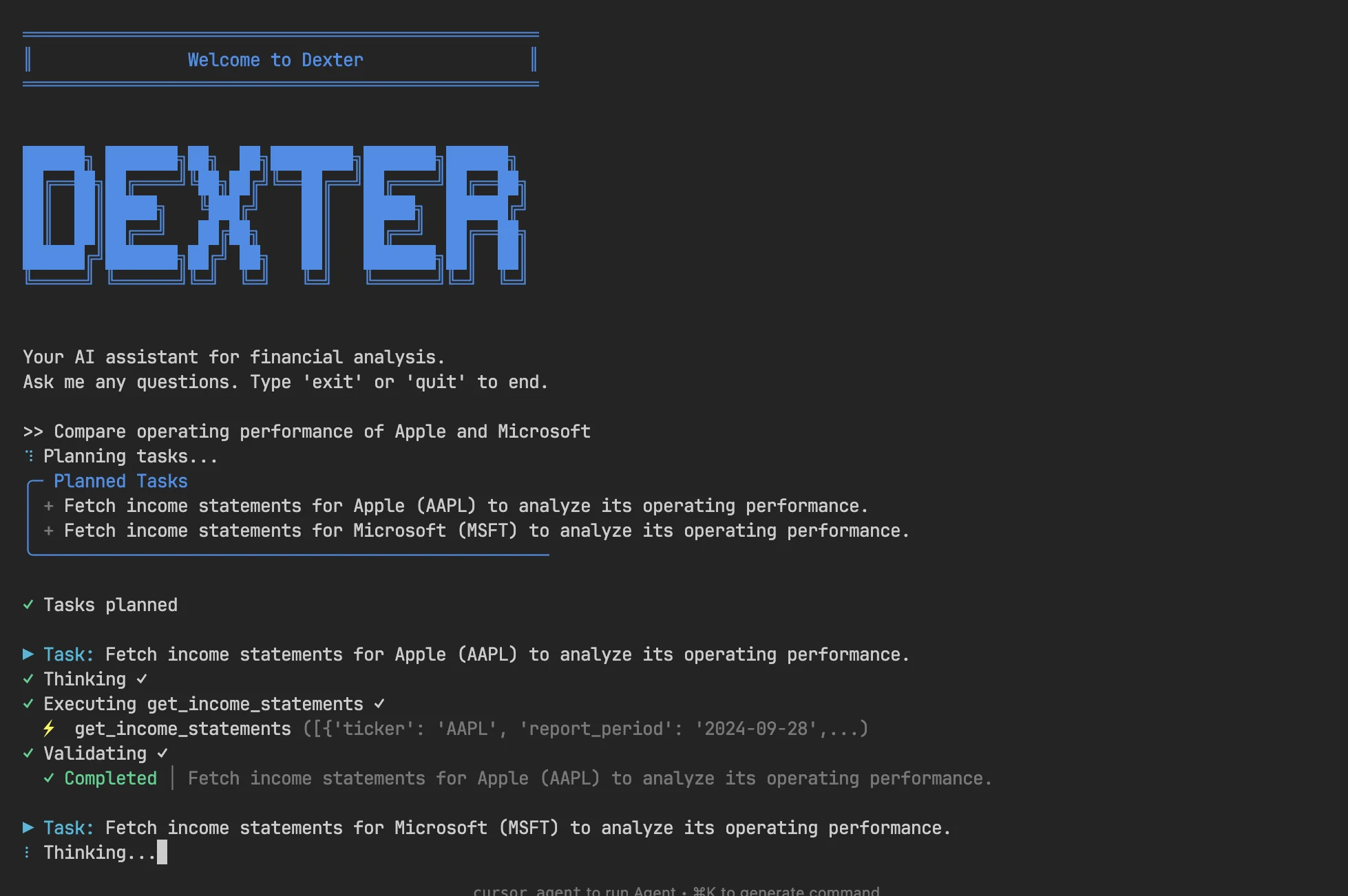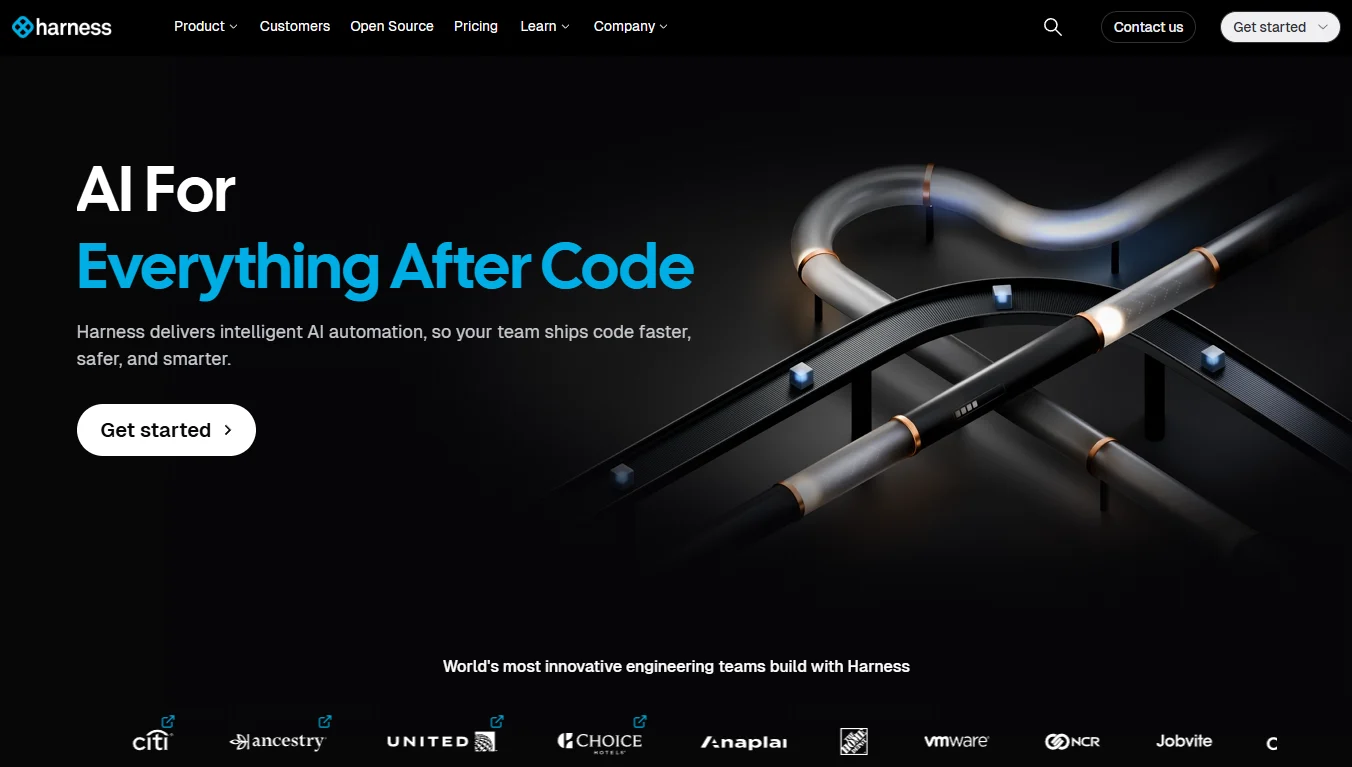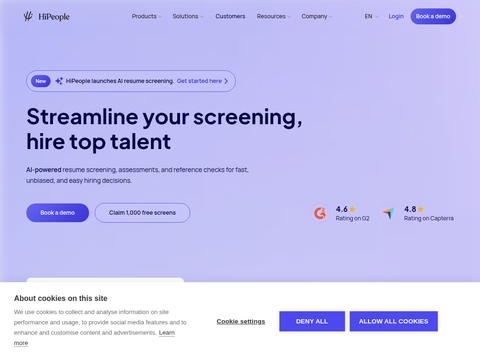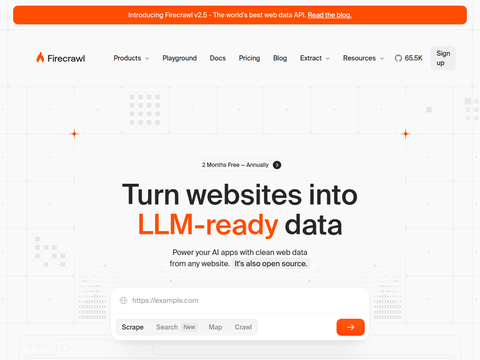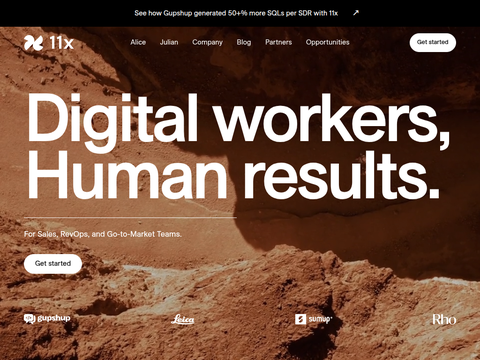Google has recently updated its Gemma AI model family by launching Gemma 3. This model is built on the foundation of its Gemini AI technology, marking more than a year since the release of the two previous "open" versions of the Gemma AI models.
According to the official blog, Gemma 3 is designed to help developers create AI applications that can run on any device, ranging from smartphones to workstations. It supports over 35 languages and offers capabilities in text, image, and short video analysis. Google claims that Gemma 3 is “the world’s best single-accelerator model,” outperforming competitors like Facebook's Llama, DeepSeek, and OpenAI when running on a single GPU host. The model is optimized for Nvidia GPUs and specialized AI hardware.
In addition, the visual encoder in Gemma 3 has been upgraded to support high-resolution and non-square images. Google has also introduced the new ShieldGemma 2 image safety classifier, which filters images categorized as pornographic, dangerous, or violent in both input and output content.
For those interested in Google’s claims, a 26-page technical report is available for deeper insights. Last year, interest in models like Gemma was uncertain, but the popularity of products such as DeepSeek indicates a market demand for AI technologies with lower hardware requirements.
Although Google highlights Gemma 3’s advanced features, it also acknowledges concerns about its enhanced performance in science, technology, engineering, and mathematics (STEM) potentially being misused to create harmful substances. However, evaluations suggest that this risk remains low.
The definition of “open” or “open-source” AI models continues to be debated, and Google’s Gemma models have drawn attention due to their licensing terms. This latest release does not alter those licensing restrictions. Google will continue to provide credit support through Google Cloud, and its Gemma 3 Academic Program will allow academic researchers to apply for credits of up to $10,000 to accelerate their research efforts.

